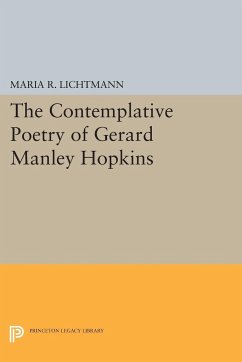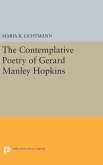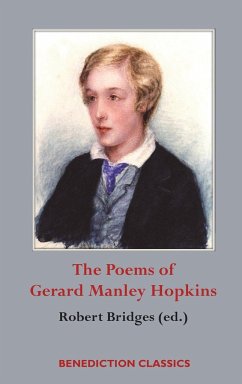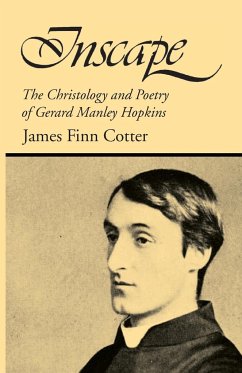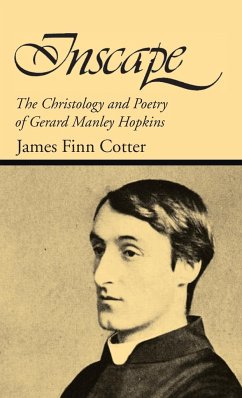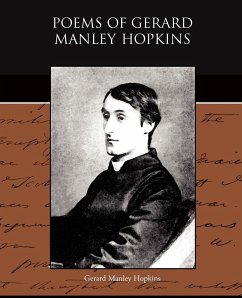In 1989, the centenary of his death, Gerard Manley Hopkins continues to provoke fundamental questions among scholars: what major poetic strategy informs his work and how did his reflections on the nature of poetry affect his writing? While form meant a great deal to Hopkins, it was never mere form. Maria Lichtmann demonstrates that the poet, a student of Scripture all his life, adopted Scripture's predominant form--parallelism--as his own major poetic strategy. Hopkins saw that parallelism struck deep into the heart and soul, tapping into unconscious rhythms and bringing about a healing response that he identified as contemplation. Parallelism was to him the perfect statement of the integrity of outward form and inner meaning. Other critics have seen the parallelism in Hopkins's poems only on the auditory level of alliterations and assonances. Lichtmann, however, builds on the views held by Hopkins himself, who spoke of a parallelism of words and of thought engendered by the parallelism of sound. She distinguishes the integrating Parmenidean parallelisms of resemblance from the disintegrating Heraclitean parallelisms of antithesis. The tension between Parmenidean unity and Heraclitean variety is resolved only in the wordless communion of contemplation. This emphasis on contemplation offers a corrective to the overly emphasized Ignatian interpretation of Hopkins's poetry as meditative poetry. The book also makes clear that Hopkins's preference for contemplation sharply differentiates him from his Romantic predecessors as well as from the structuralists who now claim him. Originally published in 1989. The Princeton Legacy Library uses the latest print-on-demand technology to again make available previously out-of-print books from the distinguished backlist of Princeton University Press. These editions preserve the original texts of these important books while presenting them in durable paperback and hardcover editions. The goal of the Princeton Legacy Library is to vastly increase access to the rich scholarly heritage found in the thousands of books published by Princeton University Press since its founding in 1905.
Hinweis: Dieser Artikel kann nur an eine deutsche Lieferadresse ausgeliefert werden.
Hinweis: Dieser Artikel kann nur an eine deutsche Lieferadresse ausgeliefert werden.

